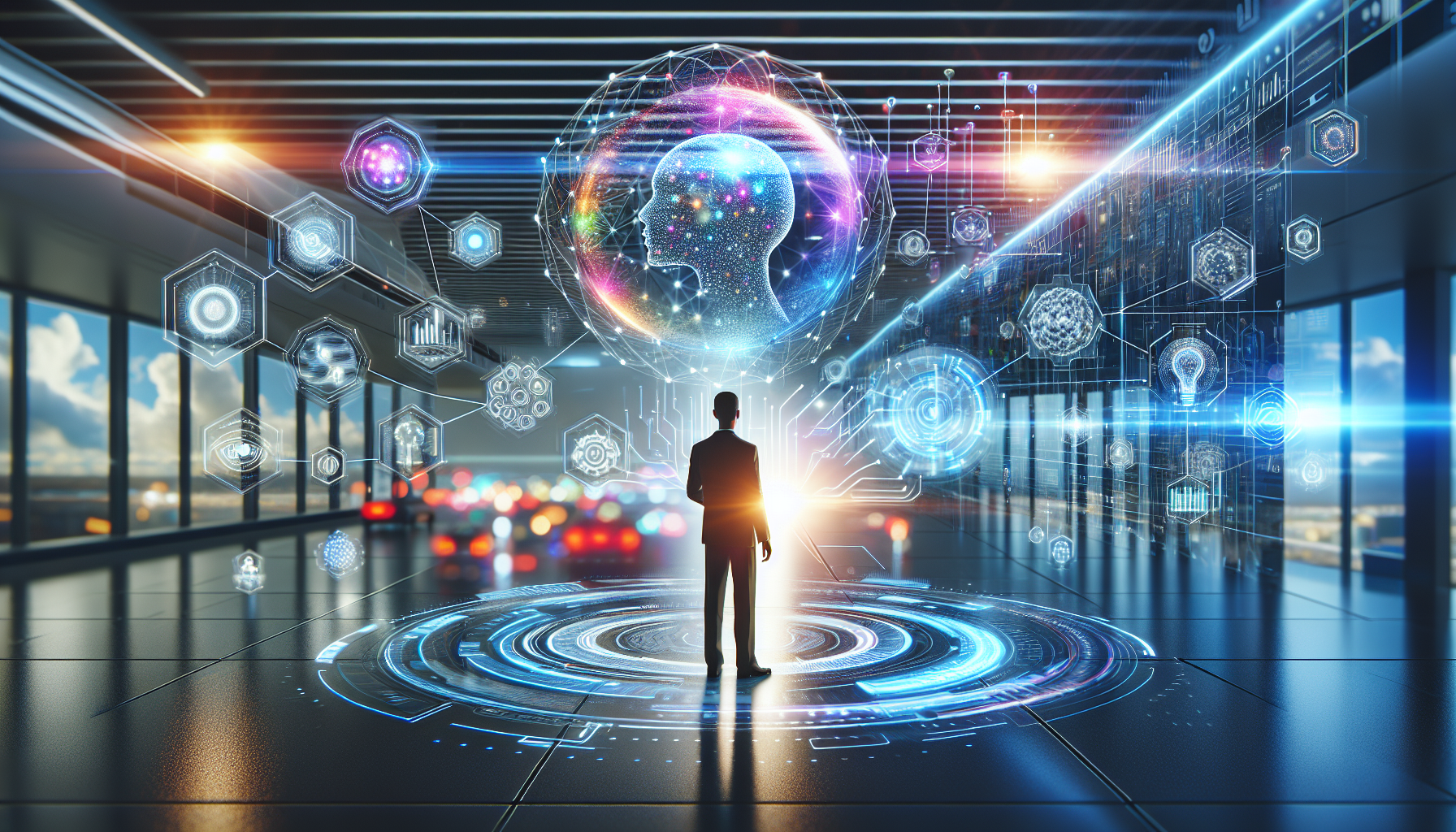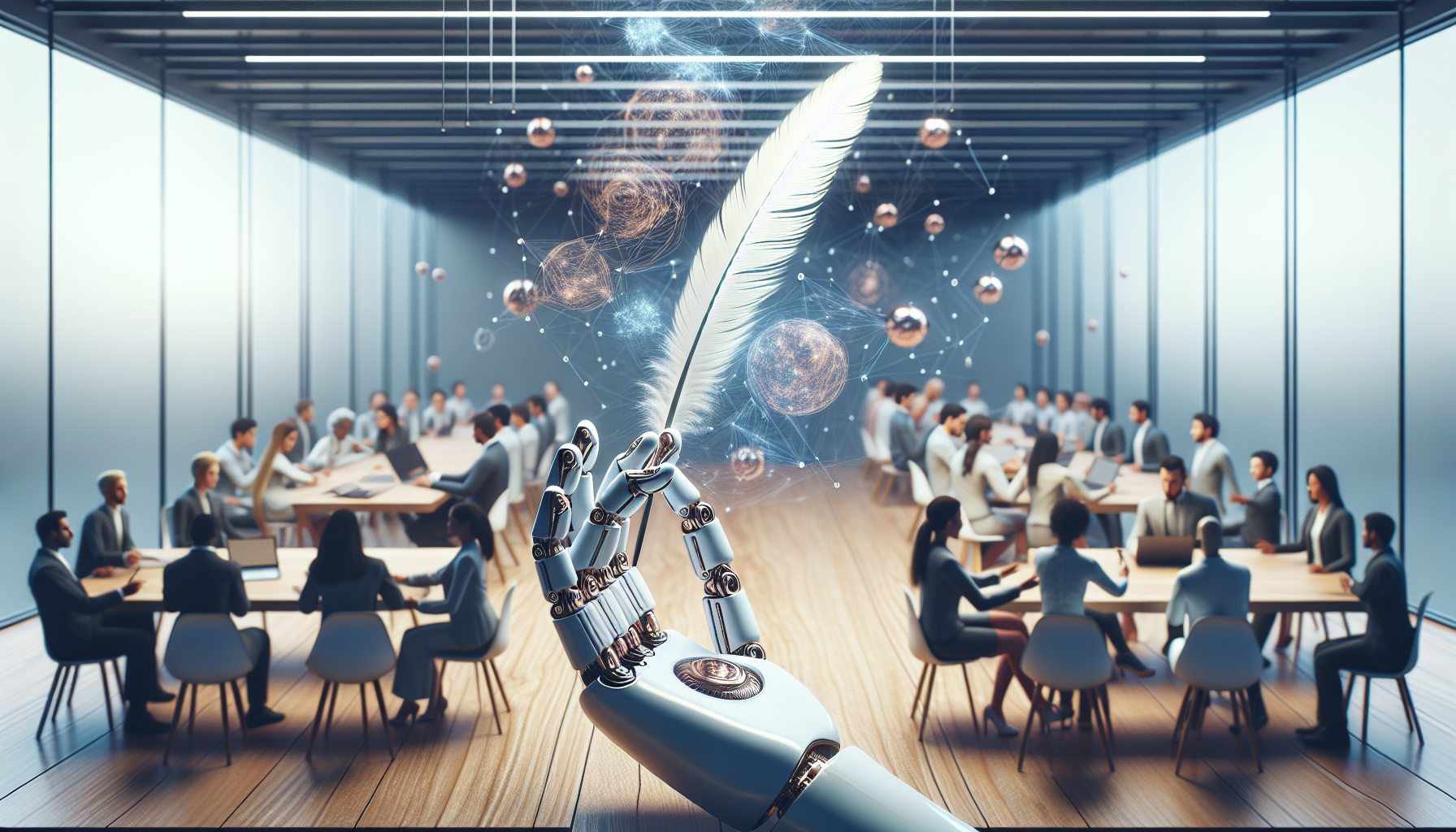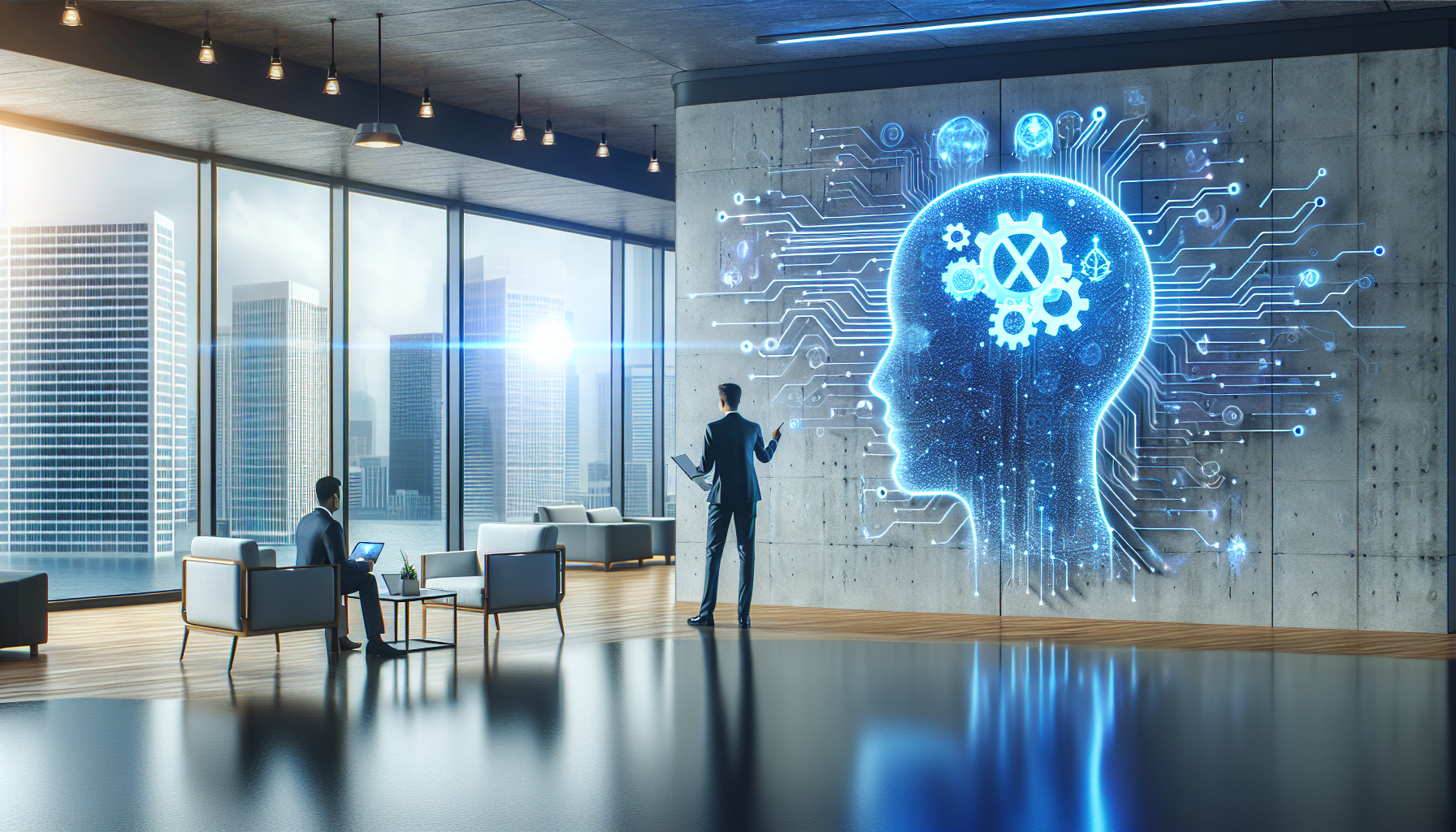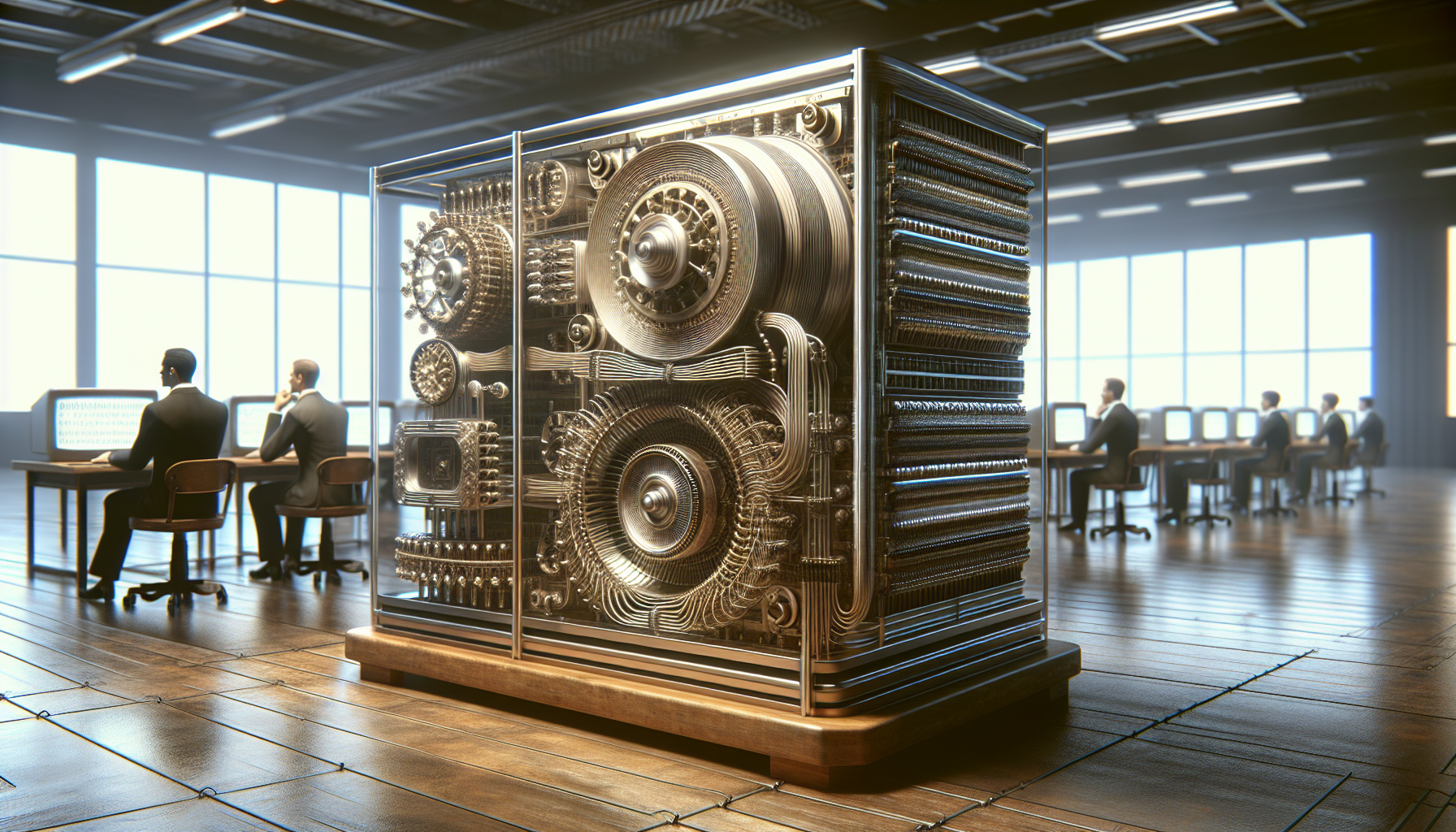
AI and the Economy: Who Will Win the Race for Jobs-Humans or Robots?
October 31, 2025
Welcome, dear readers, to the economic circus where the main act, Artificial Intelligence, promises both thrilling growth and the potential displacement of human performers. Step right up, and behold how this digital dynamo is set to revolutionize the economy while we mere mortals try to hold onto our jobs, dignity, and a steady supply of coffee.
Picture this: AI struts into the office like it owns the place, impressively efficient and annoyingly tireless. It doesn't ask for raises, it doesn't spill coffee on the keyboard, and it certainly doesn't spend hours scrolling through cat memes instead of working. But before you start updating your resume, let's delve into what the future might hold for our economic ecosystem.
First, the good news: AI is a job-creating machine—literally. As industries adopt artificial intelligence, new roles are sprouting like mushrooms after a rainstorm. We're seeing a surge in demand for AI specialists, data analysts, and even roles we couldn't have imagined a decade ago, like AI ethicists. Yes, folks, someone has to teach these digital whiz kids the difference between right and wrong. Let’s just say it’s like trying to explain morality to a toaster.
The economic growth potential here is staggering. Businesses leveraging AI are reporting increased productivity, innovative products, and services that make your head spin faster than a merry-go-round. Tech companies are driving new waves of entrepreneurship, while established firms are jumping on the AI bandwagon with the enthusiasm of a cat chasing a laser pointer. This technological leap could potentially boost global GDP in a way that makes even the most frugal finance ministers crack a smile.
But, as with any roller coaster, where there's an ascent, there's often a descent—cue the potential for job displacement. AI's efficiency means it can execute tasks across industries with the precision of a Swiss watch. It's already begun replacing jobs in manufacturing, logistics, and even the ever-prestigious world of fast food. The humble burger flipper might soon be flipping out over AI-driven kitchen robots that never complain about the lunch rush.
However, it's not all doom and gloom. While some roles may vanish, others will evolve. The key for workers is adaptability. Think of it as an opportunity to reinvent our careers, much like how the caterpillar becomes the butterfly—except with less cocooning and more online courses. Upskilling and reskilling are the buzzwords of the future, akin to the modern-day equivalent of learning to ride a horse in the age of horsepower.
Then there's the societal impact. AI could widen the economic gap if not managed wisely. Imagine AI as a chef in a high-end kitchen: it can serve up a gourmet feast of economic benefits, but it requires careful seasoning with policies that ensure everyone gets a taste. This means governments and businesses will need the foresight of a psychic to navigate regulatory landscapes and ensure fair distribution of AI's bounty.
So, what lies ahead for humanity in this AI-infused economy? Will we shine as co-collaborators with our digital counterparts, or will we find ourselves serving our robotic overlords? The answer, dear readers, may not be as clear-cut as a piece of coding, but there are clues.
Perhaps the future will see humans and AI working side by side, each complementing the other's strengths. We could witness a world where AI handles the mundane, repetitive tasks, freeing humans to focus on creativity, strategy, and, of course, perfecting their latte art. Or perhaps we'll see a reinvention of the workforce, where human ingenuity and AI's computational power combine to solve problems we haven't even imagined yet.
As we stand at this crossroads, one thing is certain: the future will be shaped by how we choose to embrace AI's potential. Will we fear it, resist it, or dance in step with it, creating a harmonious economic symphony? Only time will tell, but one thing remains clear—AI is here to stay, and it's up to us to decide how to play this game of economic leapfrog.
In the end, we might just find that the most important skill in this new economy isn't coding or machine learning, but rather the timeless ability to adapt, innovate, and laugh at the absurdity of it all. After all, as we navigate this AI-driven future, a little humor might just be the perfect tool to keep us all sane. So, who’s ready to join the AI circus? Grab your popcorn, and let's see where this wild ride takes us!


